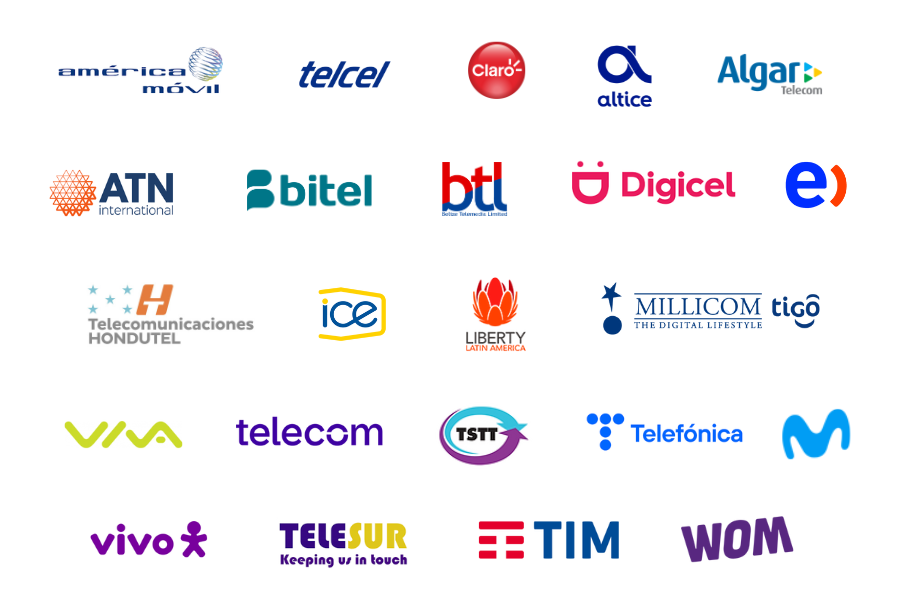Connectivity has transformed people’s lives. In the coming years, it will continue evolving with various use cases benefiting users and revolutionizing businesses through tools such as artificial intelligence, the Internet of Things, the metaverse, data analytics, and numerous additional innovations. The impact will be felt across all sectors.
However, the digital future is not a guaranteed destination; it is a future that needs to be built.
Each day, new applications, products, and services are generated, all of which depend on the robustness of telecommunications networks. The monthly consumption of mobile data in Latin America, currently at 11 GB per smartphone, will quadruple to more than 40 GB by 2028. This increase in demand is not the only challenge mobile networks will face.
More than 230 million Latin Americans and 22.8 million Caribbean residents are still offline due to existing gaps in usage and coverage. These issues have known solutions that depend on public policies, such as the development of demand incentives, the reduction of tax burdens faced by the telecommunications industry, and the effective and efficient use of Universal Service Funds. Additionally, significant investments are needed to deploy new technologies (such as 5G and fiber optics) and expand and improve the quality of existing networks. These investments are essential to drive a productive transformation, enabling economies to be competitive and facilitating innovation.
However, it is not evident that the necessary resources to address these investments will be able to be generated solely by the telecommunications industry. New schemes involving all stakeholders are required to ensure them.
Due to the growth of data traffic, the costs of network operators increase year after year, while revenues have been stagnant or declining for several years. In contrast, a small number of large companies generating most of this traffic successfully and profitably develop their business models without being part of efforts to strengthen the networks on which their services rely. Regulatory, tax, commercial asymmetries, as well as the problem of high costs for spectrum use, add to these inequalities. In these unequal conditions, the financing model for infrastructure networks is neither sustainable nor scalable, endangering the region’s ability to seize opportunities in the digital world.
To achieve the digital future of users and industries in the region, we call on policymakers in Latin America and the Caribbean to enable flexible schemes in which all participants in the digital ecosystem can contribute equitably (fair share) to the deployment of digital infrastructure that will be key to economic and social development. Big Tech companies, major traffic generators, should be part of the solution to this problem. This proposal aligns with statements from other regions and international organizations.
A fair contribution mechanism, based on a two-sided market, would benefit the entire ecosystem: users, Big Tech traffic generators, smaller content and application providers, and network operators. Schemes in this regard would also encourage a more responsible and efficient handling of data traffic without harming the user experience, increasing the investment flexibility of telecommunications operators and reducing environmental impact.
The fair contribution approach is essential for a connectivity policy consistent with the principles of efficiency and equity, keeping pace with the digital era. The challenges of the future cannot be addressed with the rules of the past.
